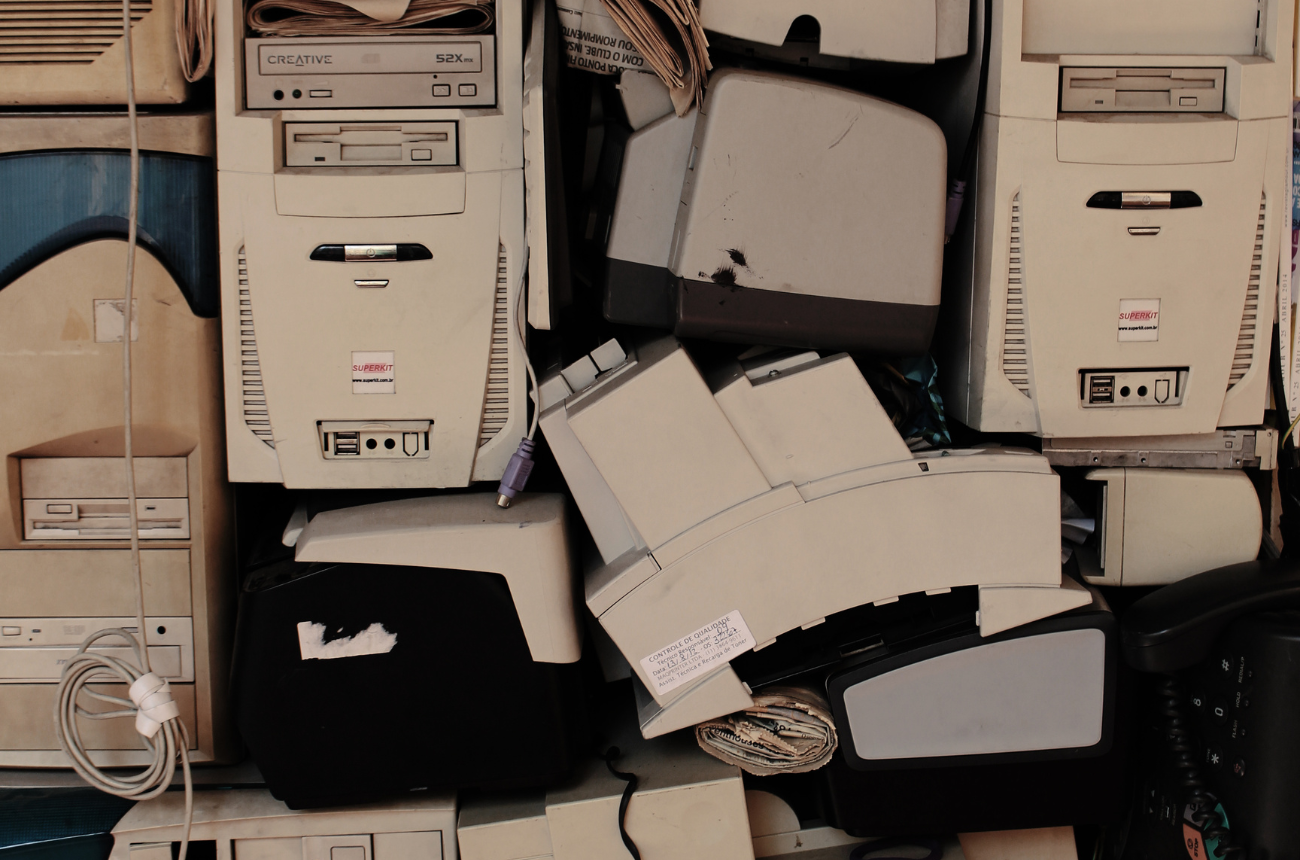
In our digital age, electronic devices have become indispensable in both our personal and professional lives. From smartphones to laptops, these gadgets play a crucial role in our communication, entertainment, and productivity. However, alongside the benefits of technology comes a pressing concern: electronic waste (e-waste). In this blog, let's dive into what e-waste is and how it impacts us all.
E-waste refers to discarded electronic devices that have reached the end of their useful life. This includes everything from computers and smartphones to printers and servers. As technology evolves rapidly, businesses often upgrade their devices, leading to a surplus of outdated equipment that needs responsible disposal.
Environmental Consequences: Improperly disposing of e-waste can have severe environmental repercussions. Electronic devices contain hazardous materials like lead and mercury, which can pollute the soil, water, and air if not handled correctly. Businesses must adopt sustainable e-waste management practices to minimize their environmental footprint.
Data Security Risks: Business devices often store sensitive data, making secure disposal essential. Without proper data sanitization, disposed devices can pose security risks, potentially leading to data breaches. It's crucial for businesses to securely erase data before disposal to protect confidential information.
Regulatory Compliance: Many jurisdictions have regulations governing e-waste disposal. Non-compliance can result in fines and penalties, making it essential for businesses to adhere to proper disposal methods and data destruction protocols.
Reputation Management: In today's socially conscious market, consumers expect businesses to prioritize environmental sustainability. Failure to manage e-waste responsibly can damage a company's reputation and brand image, leading to negative publicity and loss of trust.
Opportunities for Resource Recovery: Despite the challenges, businesses can benefit from e-waste by recovering valuable materials like gold and copper through recycling. By implementing e-waste recycling programs, businesses can reduce waste generation and contribute to a circular economy.
E-waste presents significant challenges for businesses, including environmental impact, data security risks, and regulatory compliance. However, by embracing sustainable e-waste management practices, businesses can mitigate these risks, enhance their brand reputation, and contribute to a more sustainable future. Responsible e-waste management not only protects the environment and sensitive data but also opens doors to resource recovery and innovation in the circular economy. So why not get in touch with us and start your sustainable journey today?